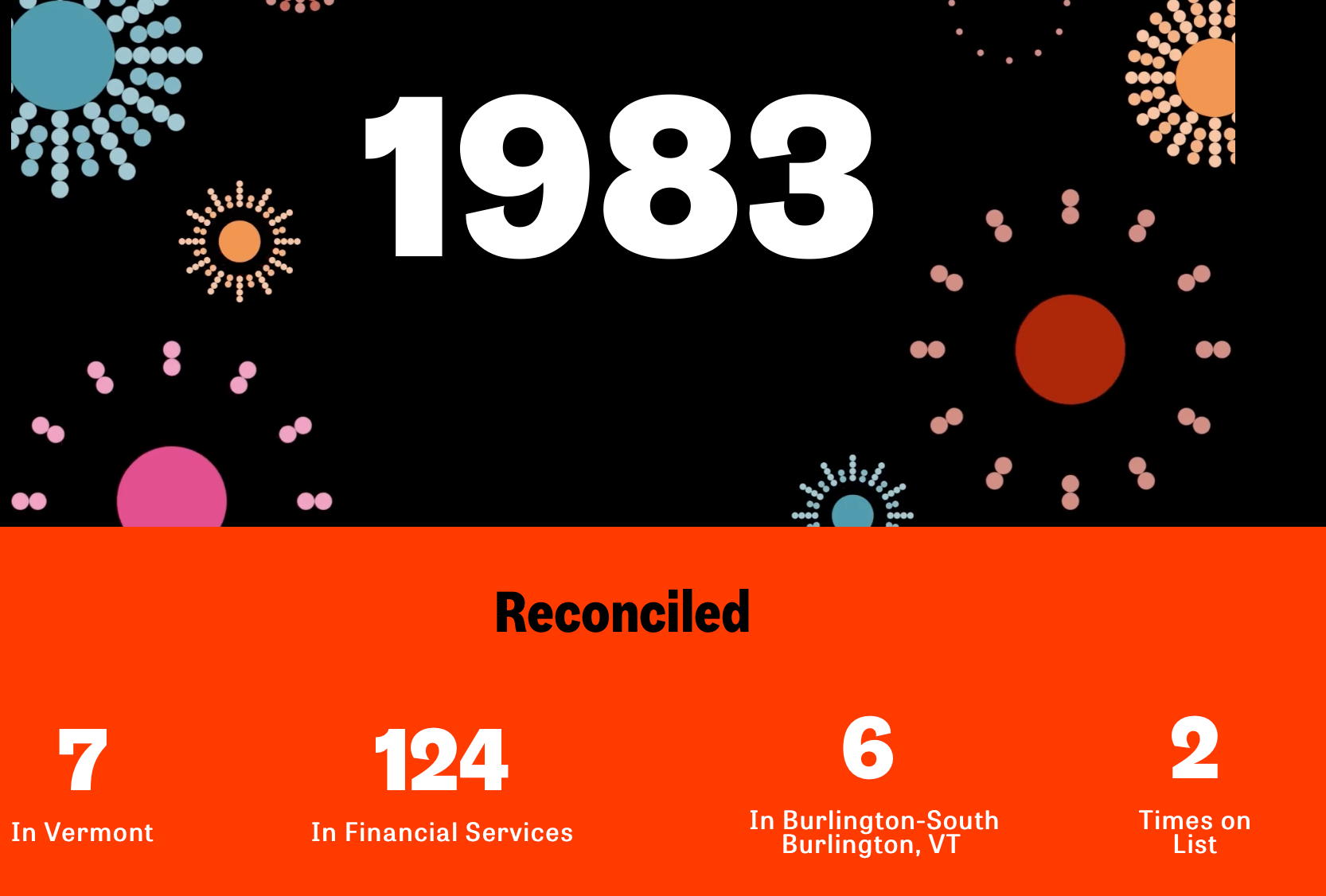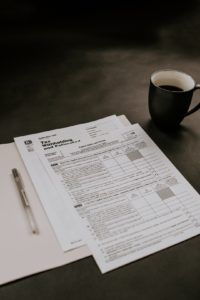The is almost over, so you are most likely closing out your books for the corporate income tax return and finalizing financial statements for the year.
Accounting topics like these are something we enjoy to make sure the books and records are nice and tidy. The resulting neat and completed year-end package is a pretty curb appeal but requires a lot of foundation building and organizing sourced documents. Below is a review of a few of the important year-end topics to help you with the final preparation of 2018 financial records.
Preparing for Annual Income Tax Return
To close out the year and prepare for the annual tax filing, you should organize accounting records to provide to your tax preparer. These documents will be used to prepare the return and ultimately substantiate income reported, deductions are taken, etc. on the returns. Reports from the accounting software are part of this support but are not the exclusive supporting records. Other accounting records typically used include:
- Payroll tax filings (941’s, 940, W-3)
- Bank reconciliations
- Closing statements
- Loan documents
- Inventory valuation calculations
- Sales tax filings
- Organizational documents (operating agreements, ownership percentages.)
In the event of an IRS audit, the business will need a paper or digital records to substantiate the reported figures claimed on the tax filing form. Retaining receipts is very important to support business expenses, especially if the transaction was conducted using a credit card. The credit card statement itself will not provide adequate support.
Accounting Topics for Mileage Log
Keep a business mileage log. If you are using personal vehicles for business purposes this log will provide the basic support needed for the deduction. This log should include:
- Beginning and ending year odometer reading
- Beginning and ending odometer reading for each business trip
- Date of business travel
- Description of where you went for business
By keeping an accurate mileage log you are entitled to a deduction for those miles.
Taxpayers may qualify to use the optional annual issued standard mileage rates for calculating the deductible cost of operating an automobile for business, charitable, medical, or moving expense purposes. The 2018 standard business mileage rate is adjusted to 54.5 cents per mile. Unreimbursed employee travel expenses which are reported as a miscellaneous itemized deduction are suspended for taxable years beginning after December 31, 2017, and before January 1, 2026. The deduction for moving expenses is also suspended for the same taxable years. Activity duty members of the armed forces of the United States may qualify for an 18 cents per mile deduction.
A taxpayer may also elect to calculate the auto deduction using the actual expenses. Adequate records will need to be maintained as documentary evidence to support the expenses claimed. The mileage log will still be needed which will also assist with allocating these expenses to the business usage.
Client and Prospect Business Meal Deductions
As of the date this article is prepared, the IRS has not issued proposed regulations on business meal deductions under the Tax Cuts and Jobs Act nor have they listed any new or changed standards. The proposed regulations should provide details for what records will be needed for providing support. Meanwhile, documentation should provide proof of payment and occurrence.
Maintain receipts to support business meals and entertainment expenses. These receipts should include:
- Date
- Name of the restaurant (location)
- Who was in attendance
- The business purpose of the meal (ex. Lunch meeting to discuss the timeline of tax preparation, etc.)
Often business expenses are overlooked when they are paid from personal funds. To help prevent this oversite, use one credit card exclusively for business purposes which will also support proof of payment.
You may deduct 50 percent of your client and prospect business meals if the expense is:
- The ordinary and necessary expense incurred during the taxable year in carrying on any trade or business
- Not lavish or extravagant under the circumstances
- The taxpayer, or an employee of the taxpayer, is present at the furnishing of the food or beverages
- The food or beverages are provided to a current or potential business customer, client, consultant, or similar business contact
- In the case of food and beverages provided during or at an entertainment activity, the food and beverages are purchased separately from the entertainment, or the cost of the food and beverages are stated separately from the cost of the entertainment on one or more bills, invoices or receipts
Hopefully, these accounting topics will assist you to prepare for your 2018 income tax returns and be audit-ready if needed. If you need help with your business taxes, contact us !
The post 3 Accounting Topics to Focus on as 2018 Comes to a Close appeared first on Reconciled.
Recent Posts







